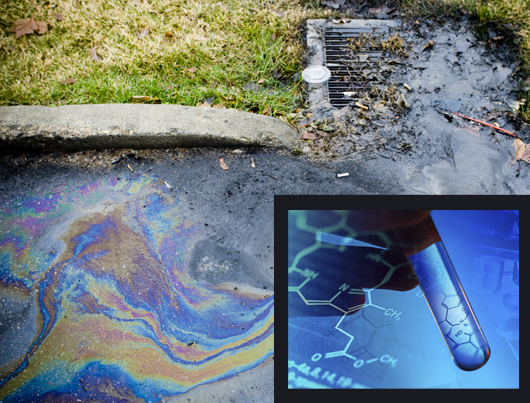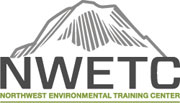
Attendees will receive a course manual containing workshop proceedings and reference material.
This course provides useful information for a large range of professionals who deal with environmental water resources, especially legal liability and changes in stream water quality, shallow water table, drainage, wetlands, and sedimentation issues.
Course attendees will gain an understanding of the basics of forensic science and the main environmental forensic techniques available and how they apply to complex inverse condemnation, regulatory takings, and environmental damage cases.
The forensic techniques explored in this course include:
- Water quality and shallow water table modeling,
- Hyrologic Modeling for shallow groundwaters and wetlands,
- Sediment transport modeling of streams and rivers
- Tracing pollutants in watersheds
- Wetland drainage,
- Complex wetland delineation,
- Riparian rights,
- Sediment age dating.
- Bacterial Fingerprinting, ARA, DNA
For more detailed information on course contents, see the Course Topics section under more information.
In addition, the expert witness investigations of several prior environmental cases before the United States Federal Court of Claims will be examined, and attendees will be asked to brainstorm several case studies and discuss alternative investigative approaches.
California Department of Public Health, CDPH, Approved for contact hours.
*Reduced tuition is available for Native American tribes, government employees, nonprofits, students and AFS, NAEP, NEBC, TAEP members.
You may register online or by calling the Northwest Environmental Training Center at (425) 270-3274. Online registration is strongly encouraged.
Please wait to receive a course confirmation email, roughly one month prior to the class, before making any travel arrangements.
This course is intended for environmental professionals including, but not limited to, environmental consultants, industrial operators (e.g., power, mining, farming, and construction companies), insurance agency employees, environmental lawyers, and local, state and federal governmental employees.
